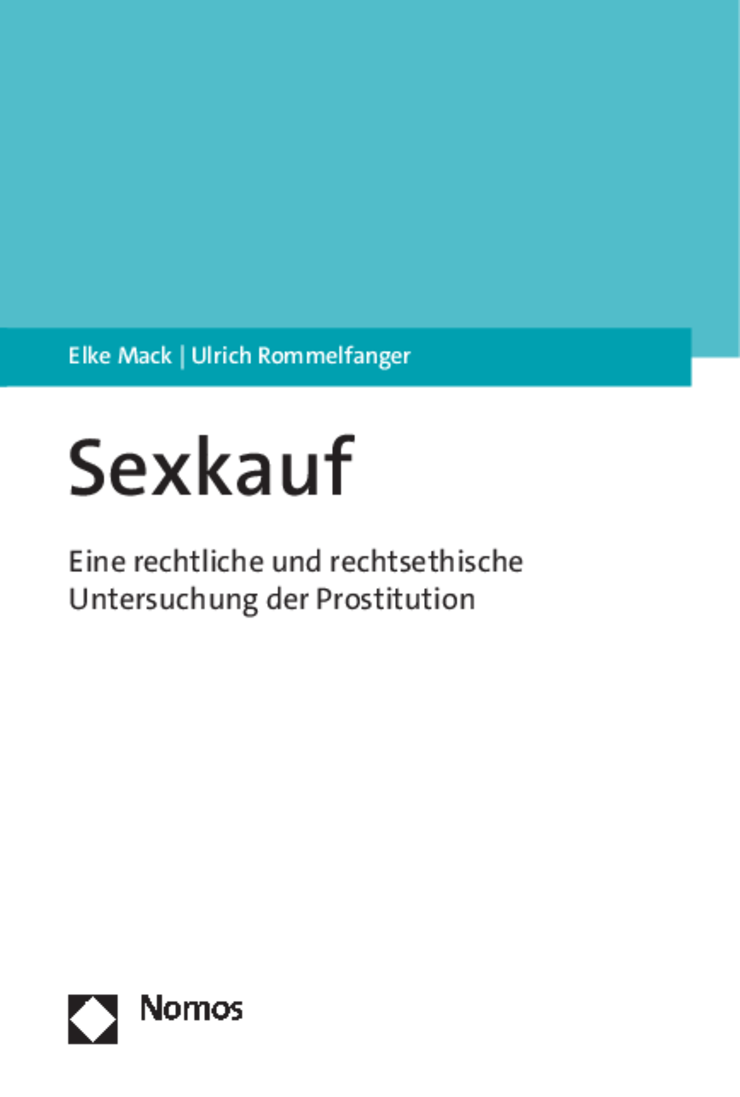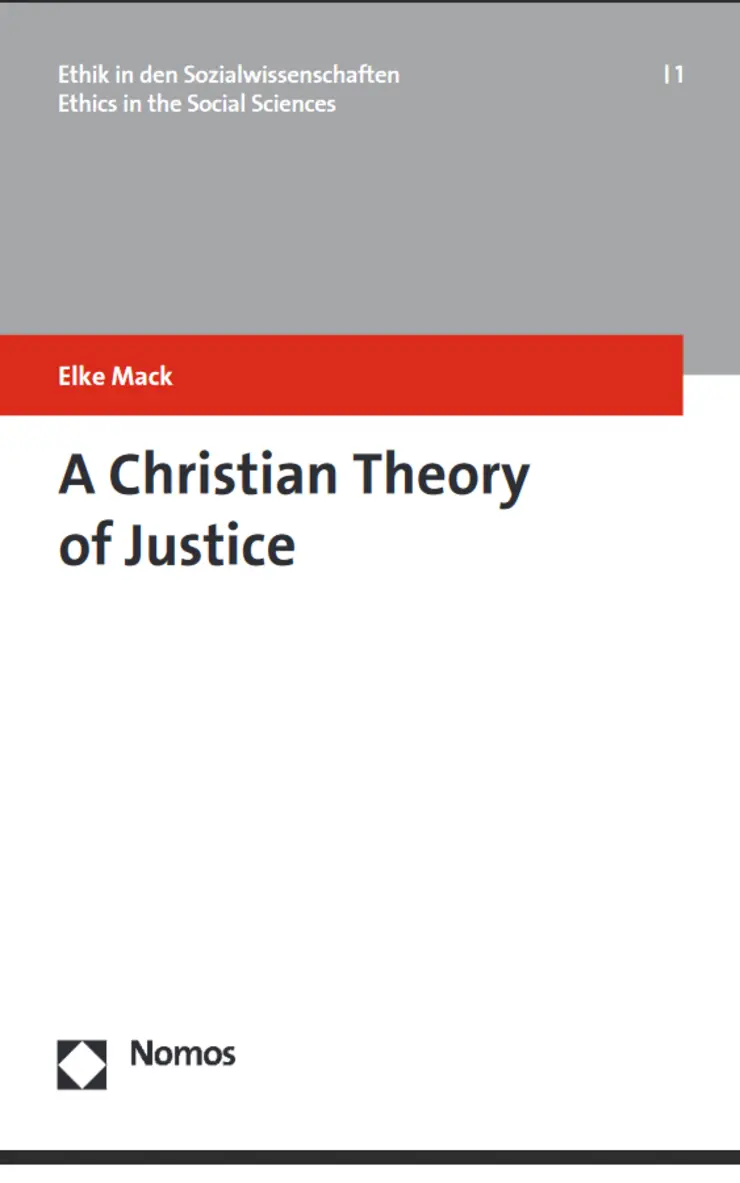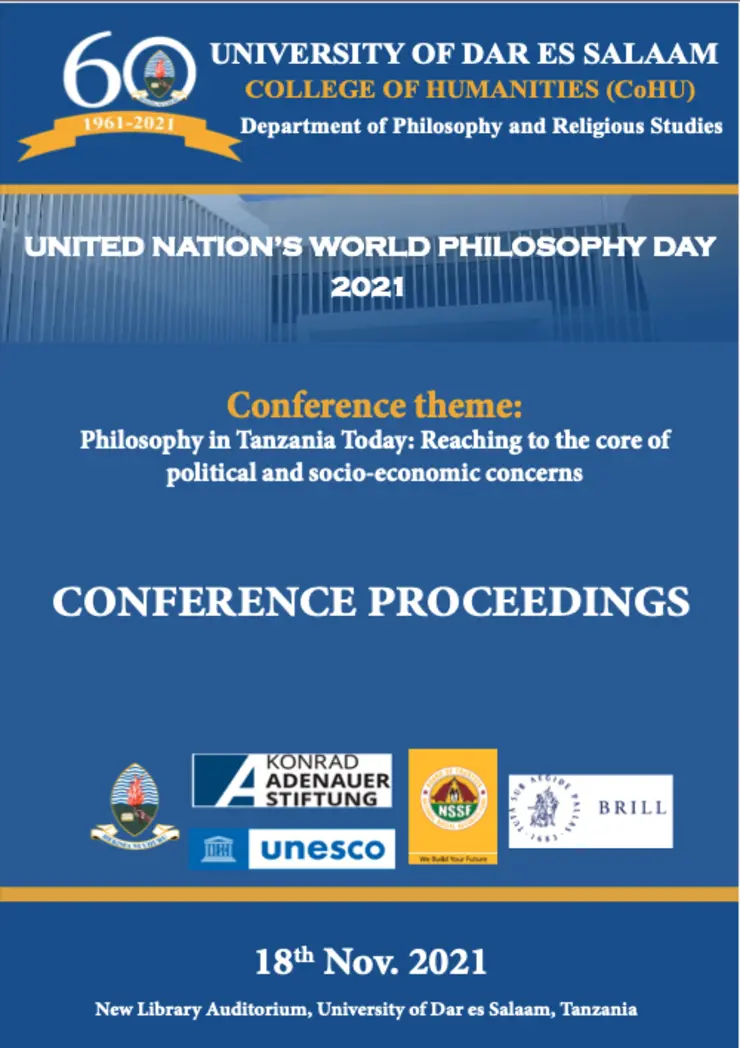
By Prof Dr Elke Mack and Prof Dr Ulrich Rommelfanger with the assistance of Dr Jakob Drobnik
Baden-Baden 2023, 332 pages, paperback, € 39.00
ISBN 978-3-8487-7597-2
Available at: https: //www.nomos-shop.de/nomos/titel/sexkauf-id-112933/
In this work, the current German prostitution legislation (ProstG in conjunction with ProstSchG) is subjected to a legal, ethical and constitutional examination by relevant experts. In this respect, the legislative assumption that the purchase of sex is voluntary is questioned, as is the right to sexual self-determination and the right to physical integrity with regard to the preservation of the dignity of the person.
In a first step, the legalisation of prostitution is placed in the context of international and European law and the factual and personal consequences for those affected are examined. Finally, compliance with human dignity in prostitution is examined from a legal-ethical perspective.
In a second step, the constitutionality of the existing legislation is examined on the basis of fundamental rights, in particular the human dignity norm of Article 1 of the German Basic Law and the general right of personality, and the question of a fundamental reorganisation is discussed.
With contributions from
Dr. Jakob Drobnik | Prof. Dr. Elke Mack | Prof. Dr. Ulrich Rommelfanger.

A Christian Theory of Justice
By Prof. Dr Elke Mack
2017, 236 p., paperback, €39,
ISBN 978-3-8487-3583-9
A look inside the book: Table of contents
Available at: Nomos Verlag
The work is a systematic design for an ethics of postmodern societies out of a Christian perspective. This ethics approach is capable of pluralism and compatible with the results of political philosophy, political science, sociology and economics. Empirical justice is shown to be indispensable at the beginning of any ethical argumentation, as well as the insights of discourse ethics and theories of justice. In addition, the author addresses fundamental questions of contemporary ethics: ‘Do people have a natural sense of justice and which one? Is justice universal or arbitrary? Is equality a part of justice?’
The core of such Christian ethics is its consensus-orientation combined with a global reach. Christian ethics thus undergoes a paradigm shift towards the consensus paradigm of modern ethics based on democratic theory. It is clearly worked out that general norms are no longer primarily based on metaphysical reflections on the nature of nature of things or the normality of an action. Instead, all potentially a ected parties must be asked equally for their consent to norms in a neutral situation. Their agreement process represents the reconstruction of normative ethics without leaving it to the arbitrariness of individuals or a majority. In Christian ethics, this quest for normativity does no longer fall behind the current philosophical level of research, but meets it out of a Christian perspective.
1st series Ethics in the Social Sciences, Nomosverlag, Baden-Baden (selection):
2nd Erfurt Theological Studies (selection):
3rd co-editor of the series "ta ethika", Herbert Utz Verlag (selection):

A Christian Theory of Global Justice
By Prof. Dr Elke Mack
United Nations World Philosophy Day 2021
Philosophy in Tanzania Today: Reaching to the core of political and socio-economic concerns
The article as PDF (p. 7-12).
To solve worldwide problems like absolute poverty, climate change, inequality, and political suppression of humans, a just international framework is overdue. Therefore, Christian Social Ethics takes a stance for a new global order in favour of all peoples, especially the poor, because they are all considered to be members of the one human family. On a cosmopolitan level the justification of such a global order is a theoretical as well as practical challenge because it equally must take into account the ethical demands of all possible traditions, religions, cultures, and peoples. For instance, Christian Social Ethics would uphold principles like solidarity, subsidiarity and human dignity of every human being - regardless of his or her cultural and ethnic background. African authors, like Odera Oruka (Parental Earth Ethics), would emphasise an absolute right to a human minimum and reject conditions of excessive inequality. So, both would easily agree on global sustainable institutions. But it is still open whether other responsible players would join such an agreement. Thus, it will be discussed how a consensual justification of a new social contract can be reached that could be the foundation to a just global order.
1. Ecology, Economy and Technology (EDP No.6)(Download)
2. Liberal Prostitution Legislation in Germany (EDP No.5) ( Download)
3. Reformland Germany (EDP No.4) (Download)
4. An ethical Perspective on social Human Rights (EDP No.3) ( Download)
5. Absolute Poverty and global Justice (EDP No.2) ( Download)
6. Erfurt Manifest (EDP No.1) ( Download)
(According to topicality. The texts are subject to copyright and are published online by the Text ArchiveGotha/Erfurt (TARGET).